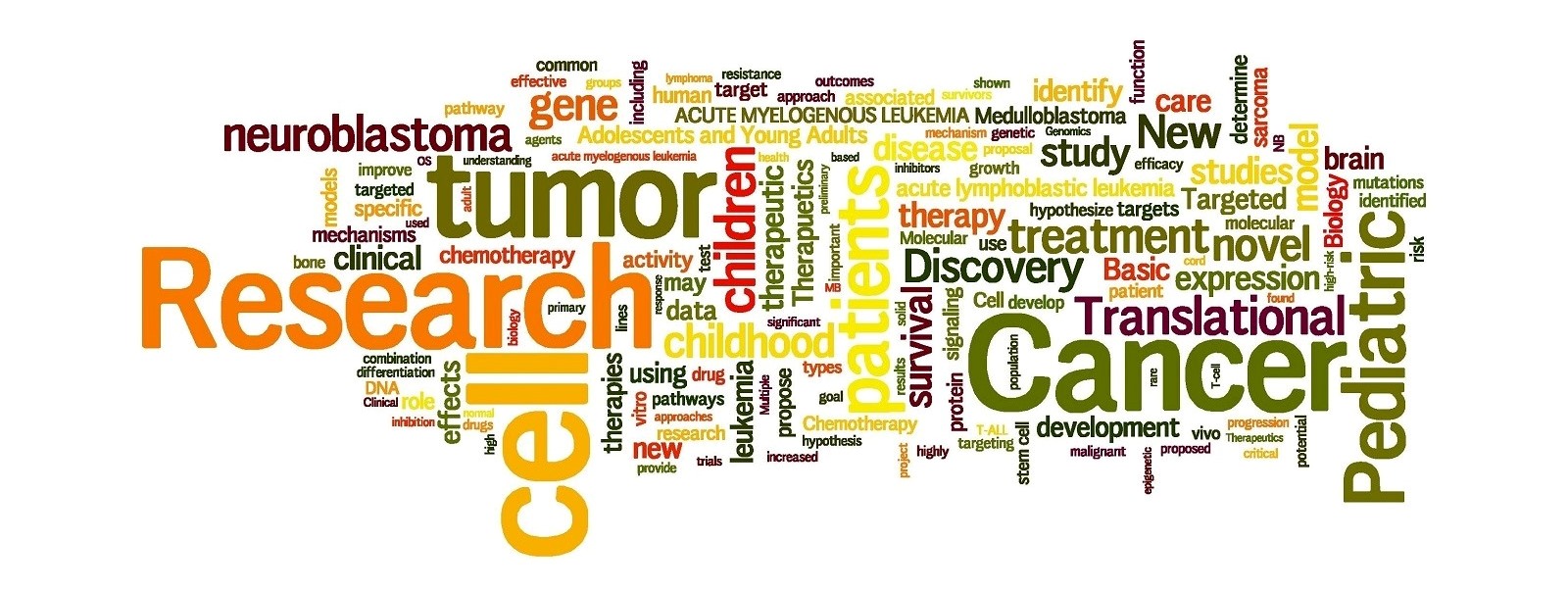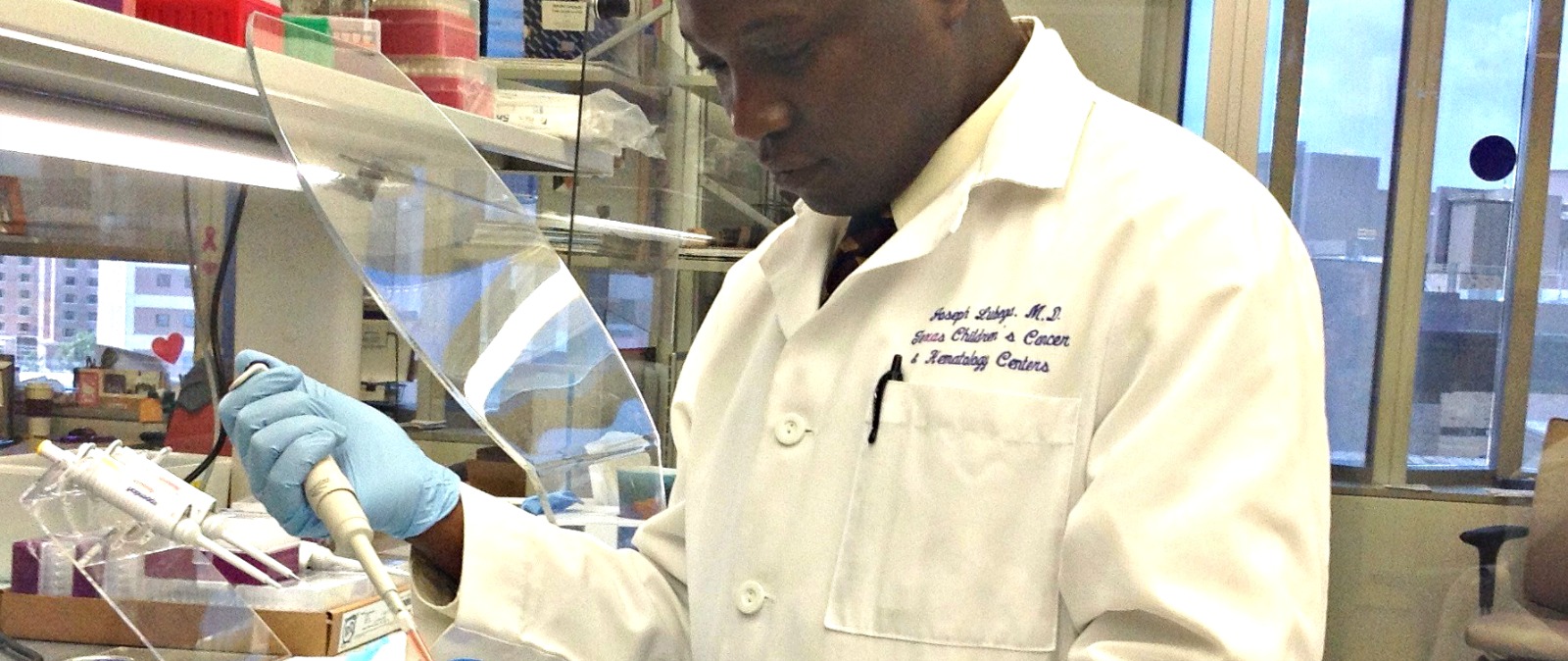Funding First-Rate Children’s Cancer Research With St. Baldrick’s Summer Grants

There is something more exciting than barbecues, beach balls, and sprinklers in the summertime at the St. Baldrick’s Foundation. Every summer, childhood cancer research grants are awarded to the best and most-promising researchers and institutions in the world — bringing us one step closer to a cure for childhood cancers.
Here’s how our grant funding cycles work:
International Scholars Grants Broaden the Borders of Childhood Cancer Research

Dr. Joseph Lubega is one of two childhood cancer researchers to receive the new St. Baldrick’s International Scholars Grant. Dr. Lubega’s research is focused on finding better ways to diagnose children with cancer in Uganda.
But the reality is, most children with cancer do not live in developed countries. Indeed, the majority of kids with cancer live in countries with very limited resources. And for those children, a cancer diagnosis is almost always fatal — if a diagnosis is made at all.
St. Baldrick’s Foundation Scientific Review Process
While shavees and volunteers are raising funds to be used for grants, researchers are making their way through a rigorous grant application process. The St. Baldrick’s Foundation had over 100 reviewers from the pediatric hematology and oncology community review grants in 2012.
Each application is reviewed by at least three pediatric hematology/oncology researchers, using the same rating system used by the National Cancer Institute. If all three reviewers give an application an excellent score, it’s recommended for funding. (A poor score from all three means it’s not recommended.) If the scores vary or are not decisive, the application goes to a larger committee of reviewers to discuss and vote on a final score.
« Newer Posts

 SBF
Tweets »
SBF
Tweets »